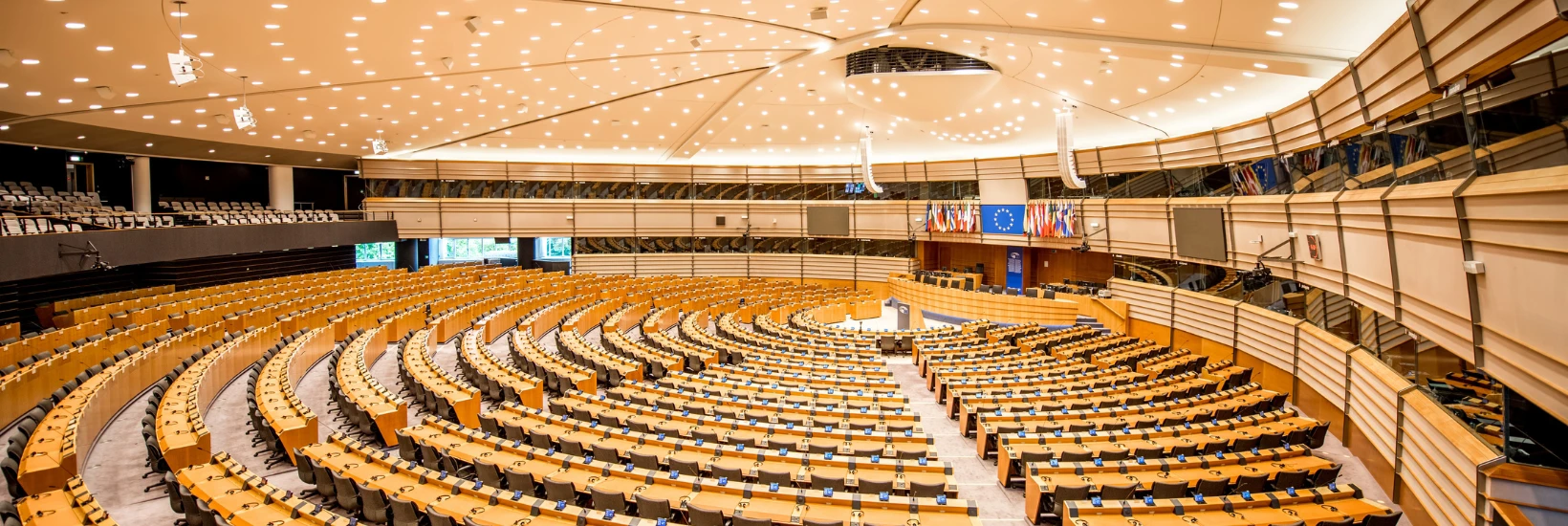
What is the European Parliament?
The European Parliament serves as the directly elected legislative body of the European Union, representing the interests of citizens across EU member states. Its composition reflects the diversity of the EU, consisting of 705 Members of the European Parliament (MEPs) who are elected every five years through proportional representation within their respective countries. The allocation of MEPs to each member state is determined by its population size.
MEPs are grouped based on their political affiliations rather than nationality, forming political groups within the Parliament. This institution holds significant powers, including the adoption of EU laws, approval of the EU budget, and the election of the President of the European Commission. Furthermore, it provides a platform for debate on various EU-related issues and acts as a crucial link between EU institutions and the citizens they serve.
What is its role within the European Union?
The European Parliament holds several key functions within the European Union:
- Legislative Authority: Alongside the Council of the European Union, the Parliament shares the power to legislate. It debates and votes on proposals for new EU laws, such as directives, regulations, and decisions, which are presented by the European Commission. This legislative process shapes policies and regulations affecting the daily lives of EU citizens.
- Budgetary Oversight: The Parliament has the authority to approve or reject the EU budget proposed by the European Commission. It scrutinizes the budget, making amendments as necessary and ensuring appropriate allocation of EU funds to various programs and initiatives.
- Democratic Representation: Members of the European Parliament (MEPs) represent the interests of EU citizens in the legislative process. They engage in debates, question EU officials, and advocate for the concerns and priorities of their constituents. The Parliament serves as a democratic forum for discussion and decision-making on European issues.
- Oversight and Accountability: The Parliament monitors the work of the European Commission and other EU institutions to ensure transparency, accountability, and compliance with EU laws and treaties. MEPs have the power to question Commissioners, conduct inquiries, and hold hearings on matters of public interest.
- International Relations: The Parliament plays a role in shaping the EU’s external policies and relations with other countries and international organisations. It approves international agreements negotiated by the European Commission and provides input on foreign affairs and trade policies.
In summary, the European Parliament is a crucial democratic institution within the EU, representing citizens, shaping legislation, overseeing the EU budget and institutions, and contributing to EU policies and international relations.